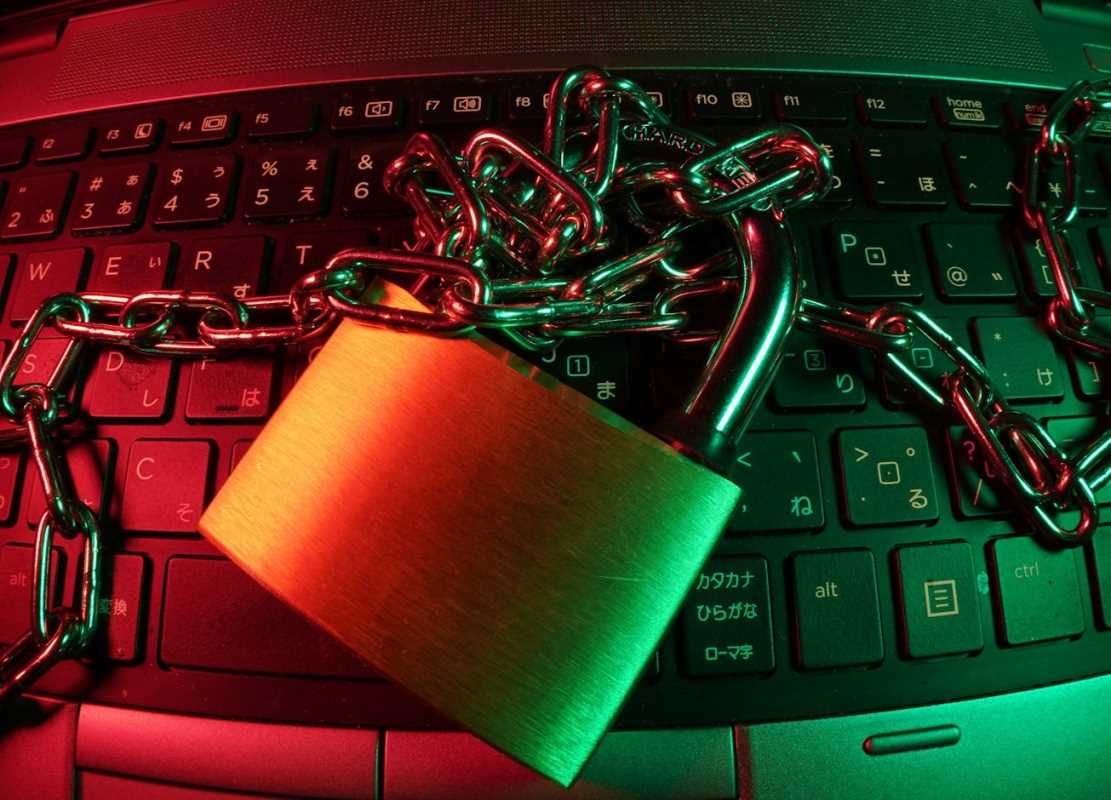Cybersecurity has become one of the most critical fields in today’s tech-driven world, and Germany is no exception. As businesses, government organizations, and individuals increasingly rely on digital solutions, the threat of cyberattacks also grows.
To counter this, Germany is experiencing a booming demand for skilled cybersecurity professionals. If you’re considering starting a career in this dynamic industry, here’s everything you need to know to kick-start your cybersecurity career in Germany.
Why Cybersecurity is in Demand in Germany
Germany is home to some of Europe’s largest economies and industries, ranging from automotive giants like BMW to high-tech enterprises and financial institutions. These industries generate vast amounts of sensitive data, making them prime targets for cybercriminals. According to market reports, Germany faced tens of thousands of cyberattacks in recent years, underscoring the urgent need for experts who can secure infrastructure and protect data.
The nation also takes digital security seriously as part of its broader economic strategy. Recent regulations like the GDPR (General Data Protection Regulation) emphasize data security and privacy, encouraging more companies to invest in robust cybersecurity strategies. For professionals, this creates a high demand for roles like penetration testers, cybersecurity analysts, security consultants, and ethical hackers.
Key Cybersecurity Roles in Germany
The world of cybersecurity offers a wide variety of potential career paths. Here are some of the most sought-after roles in Germany:
1. Penetration Tester
Penetration testers, also known as ethical hackers, simulate cyberattacks on a company’s systems to identify vulnerabilities. Their job is to think like a hacker and find weaknesses before malicious actors do. Companies, especially large corporations, often hire penetration testers to protect sensitive systems.
2. Cybersecurity Analyst
A cybersecurity analyst monitors an organization’s systems for potential threats, analyzes incidents, and implements processes to prevent cyberattacks. These professionals work with other IT teams to ensure network security and develop incident response plans.
3. Ethical Hacker
Ethical hackers are authorized to break into systems to diagnose security flaws. Their expertise is invaluable in industries like banking, healthcare, and software development.
4. Security Consultant
Security consultants work as advisors to organizations, helping them design and implement comprehensive security frameworks. They assess risks and create solutions to mitigate them.
5. Incident Responder
Incident responders are the emergency management professionals of the cybersecurity world. They step in during data breaches or system hacks, working to neutralize threats and mitigate the damage.
6. Governance, Risk, and Compliance (GRC) Specialist
GRC specialists ensure that companies adhere to cybersecurity regulations and follow best practices. They analyze potential risks and design policies to help organizations remain compliant.
How to Start Your Cybersecurity Career
Breaking into the cybersecurity industry in Germany requires a blend of education, technical skills, certifications, and perseverance. Here’s how to get started:
1. Get the Right Education
While not every role requires a university degree, many employers in Germany prefer candidates with a strong academic foundation. Degrees in computer science, information technology, engineering, or a related field are highly regarded.
Some universities in Germany offer robust cybersecurity programs. Institutions like TU Berlin and RWTH Aachen provide specialized courses tailored for the demands of the industry. If traditional degrees don’t fit your timeline, enrolling in bootcamps or specialized online courses can also provide valuable knowledge and skills.
2. Earn Relevant Certifications
Certifications play a critical role in a cybersecurity career. They validate your skills and prove to potential employers that you’re up-to-date with industry standards. Some key certifications to pursue include:
- CompTIA Security+: An ideal entry-level certification for learning the basics of security threats and tools.
- Certified Ethical Hacker (CEH): Essential for anyone interested in penetration testing and ethical hacking.
- Certified Information Systems Security Professional (CISSP): A globally recognized certification that is highly valued for senior roles.
- Certified Information Security Manager (CISM): Great for leadership roles involving security operations.
Many certifications are recognized internationally, which is helpful considering Germany’s diverse workforce.
3. Develop Key Skills
Technical expertise forms the backbone of a successful cybersecurity career. Skills in network security, programming, risk assessment, and encryption are a must. Learning programming languages such as Python, Java, or C++ is highly advantageous. Additionally, understanding network protocols, firewalls, and cloud security will prepare you for most jobs in the field.
But it’s not just about technical skills. Good cybersecurity professionals also have strong problem-solving abilities and analytical thinking. Communication skills are essential too, as you’ll often need to explain complex issues to non-technical stakeholders.
4. Understand the German Job Market
Germany’s job market offers plenty of cybersecurity opportunities, particularly in financial hubs like Frankfurt and tech hubs like Berlin and Munich. Many multinational companies headquartered in Germany are actively seeking skilled candidates for cybersecurity roles.
It’s worth noting that Germany places a high value on workplace professionalism. Strong qualifications, a clear plan for your career development, and a willingness to integrate into the local culture can significantly boost your chances. While English is commonly used in tech roles, learning German can open more doors, especially if you’re looking to advance within German companies.
5. Network and Explore Opportunities
Networking is a critical aspect of finding a cybersecurity job in Germany. Attend industry events, hackathons, and cybersecurity workshops to connect with potential employers. Conferences like IT-SA in Nuremberg are great places to meet professionals and learn about emerging trends in the field.
Online platforms like LinkedIn, Xing (popular in Germany), and Meetup can also help you network with industry professionals and find job openings. Consider joining cybersecurity groups or forums to stay connected with the latest job opportunities.
Tips for Success in the Cybersecurity Field
Because the cybersecurity landscape is constantly evolving, professionals need to stay updated and adapt to new challenges. Here are some tips to thrive in the industry:
- Stay Current: The techniques used by cybercriminals continuously evolve, so ongoing learning is essential. Subscribe to cybersecurity blogs, attend webinars, and enroll in professional development courses to keep your skills sharp.
- Gain Hands-On Experience: Practical experience is invaluable. Participate in Capture the Flag (CTF) competitions or contribute to open-source security projects to gain real-world exposure.
- Understand Regulations: Familiarize yourself with German and EU regulations, such as GDPR and NIS (Network and Information Security Directive). Many roles focus on helping organizations comply with these rules.
- Build a Portfolio: Showcase projects, certifications, and hands-on exercises to demonstrate your expertise when applying for jobs.
Opportunities for International Professionals
Germany is welcoming to cybersecurity experts from around the world. The government has made it easier for skilled workers to move to the country through the “Blue Card” program, which streamlines the visa process for professionals with in-demand skills. International applicants should ensure their qualifications and certifications are recognized in Europe and tailor resumes to German standards, which emphasize precision and professionalism.
 (Image via
(Image via





